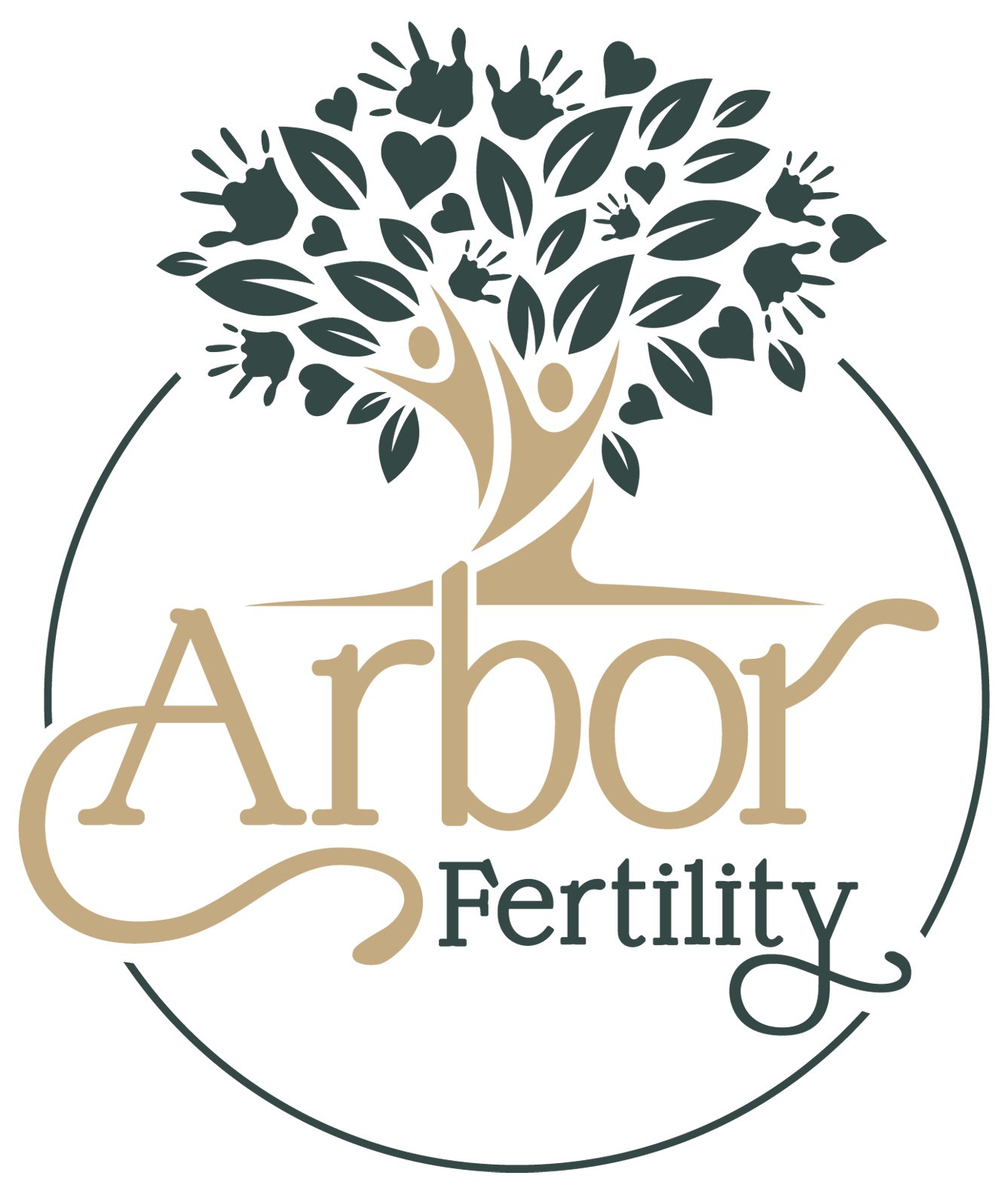Treatment Option:
In Vitro Fertilization
(IVF) With Donor Sperm
What Is In Vitro Fertilization
(IVF) With Donor Sperm?
In Vitro Fertilization with donor sperm is a specialized fertility treatment designed for those who may not have access to viable sperm from a partner. This includes single women, same-sex female couples, and heterosexual couples facing male infertility issues. In this process, eggs from the intended mother or an egg donor are fertilized in a laboratory setting using sperm from a selected donor.
The procedure begins with the careful selection of a sperm donor, whose characteristics and medical history are matched to the recipient's preferences. Following this, the woman undergoing the treatment (or the egg donor) is given fertility medications to stimulate the production of multiple eggs. These eggs are then retrieved and fertilized in the lab with the donor sperm. The resulting embryos are closely monitored for growth and development. Once they reach a suitable stage, one or more embryos are transferred to the uterus with the aim of achieving a successful pregnancy.
FAQs
-
In Vitro Fertilization (IVF) combined with Intracytoplasmic Sperm Injection (ICSI) offers several significant benefits, particularly in situations where male factor infertility is a concern or previous IVF attempts have not been successful.
While IVF with ICSI has many advantages, it's important for couples to consult with our fertility specialist at Arbor Fertility to determine if this method is suitable for their specific situation, as it may not be necessary for all cases of IVF.
-
The likelihood of success with Intracytoplasmic Sperm Injection (ICSI) during the first attempt varies and is influenced by several factors. These include the age of the female partner, the quality of the eggs and sperm, underlying fertility issues, and the overall health of both partners.
On average, ICSI has a fertilization success rate of about 70-85%. However, fertilization does not guarantee pregnancy. It's important for couples to have a detailed discussion with their fertility specialist at Arbor Fertility to understand the chances of success based on their specific circumstances. -
Intracytoplasmic Sperm Injection (ICSI) is a remarkable fertility technique because it requires only a minimal number of sperm to potentially achieve fertilization. Unlike traditional In Vitro Fertilization (IVF), where a high sperm count is needed, ICSI can be successful even with very low sperm counts. Technically, ICSI can be performed with just one viable sperm per egg.
-
Embryos can be stored for a long time, often for several years and, in some cases, even decades. The longevity and viability of stored embryos largely depend on the quality of the embryos at the time of freezing and the effectiveness of the cryopreservation technique used.
-
IVF with ICSI is particularly suitable for cases of male factor infertility, previous IVF failures, or when genetic testing is required. It's also recommended for using frozen or surgically retrieved sperm, and can be beneficial for couples facing unexplained infertility or in situations of advanced maternal age.
A consultation with our endocrinologist is essential to assess your individual circumstances and determine if IVF with ICSI is the right choice for you.
-
The cost of IVF with Intracytoplasmic Sperm Injection (ICSI) is $10,000, which encompasses a comprehensive range of services. This includes anesthesia for patient comfort during procedures, egg retrieval, the ICSI fertilization process, sperm preparation, and up to three transvaginal ultrasounds for monitoring. Also covered in this cost are embryo freezing, laboratory fees associated with the treatment, a virtual follow-up visit to discuss results, and one year of embryo storage.
Our package at Arbor Fertility, offers a full suite of services essential for the IVF with ICSI process, providing value and convenience in your fertility journey.
Start Your Fertility Journey:
Contact Us Today.
Let us know if you have questions about fertility, treatment options, or pricing! (This form is not intended for the treatment or diagnosis of an individual’s medical history.)

